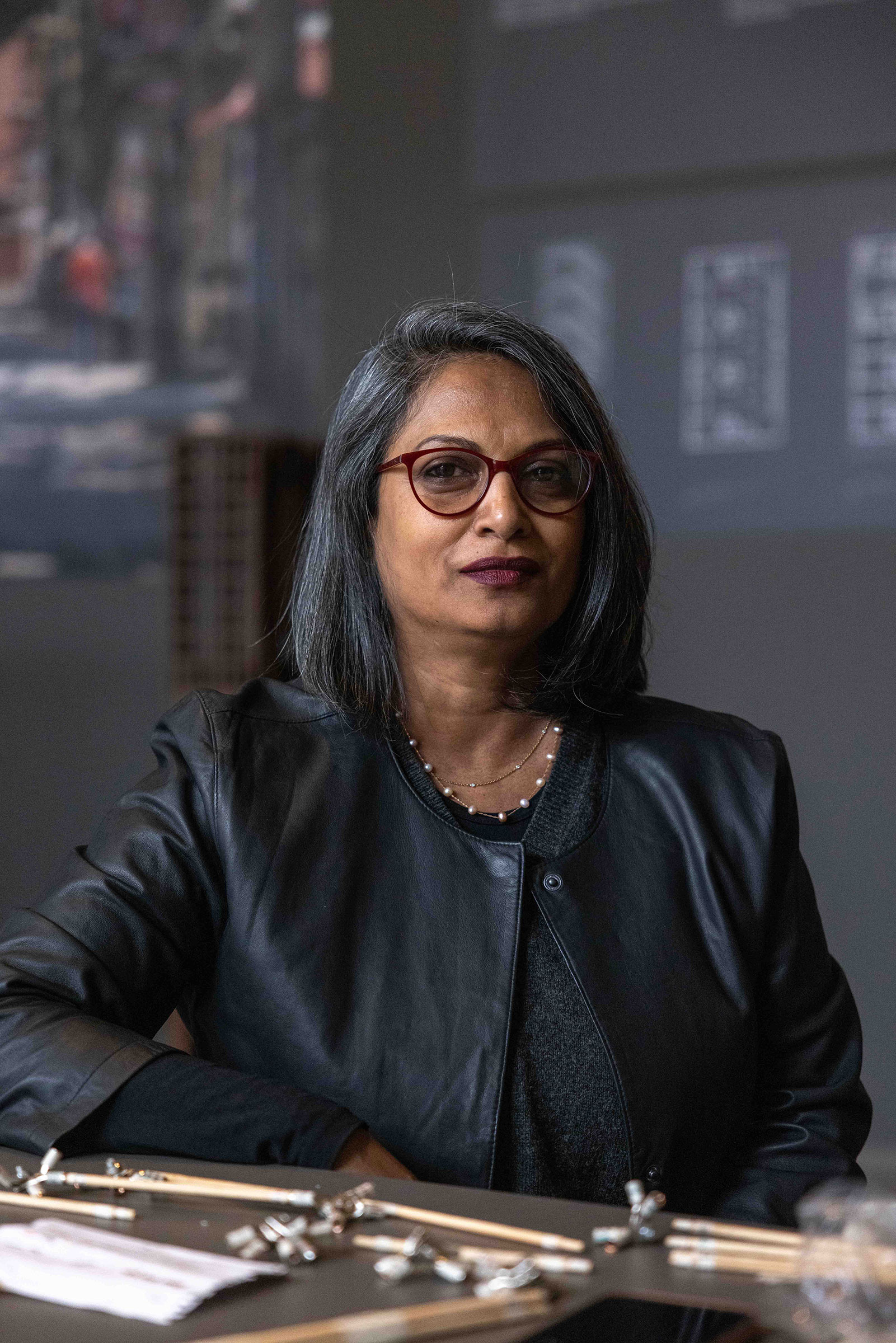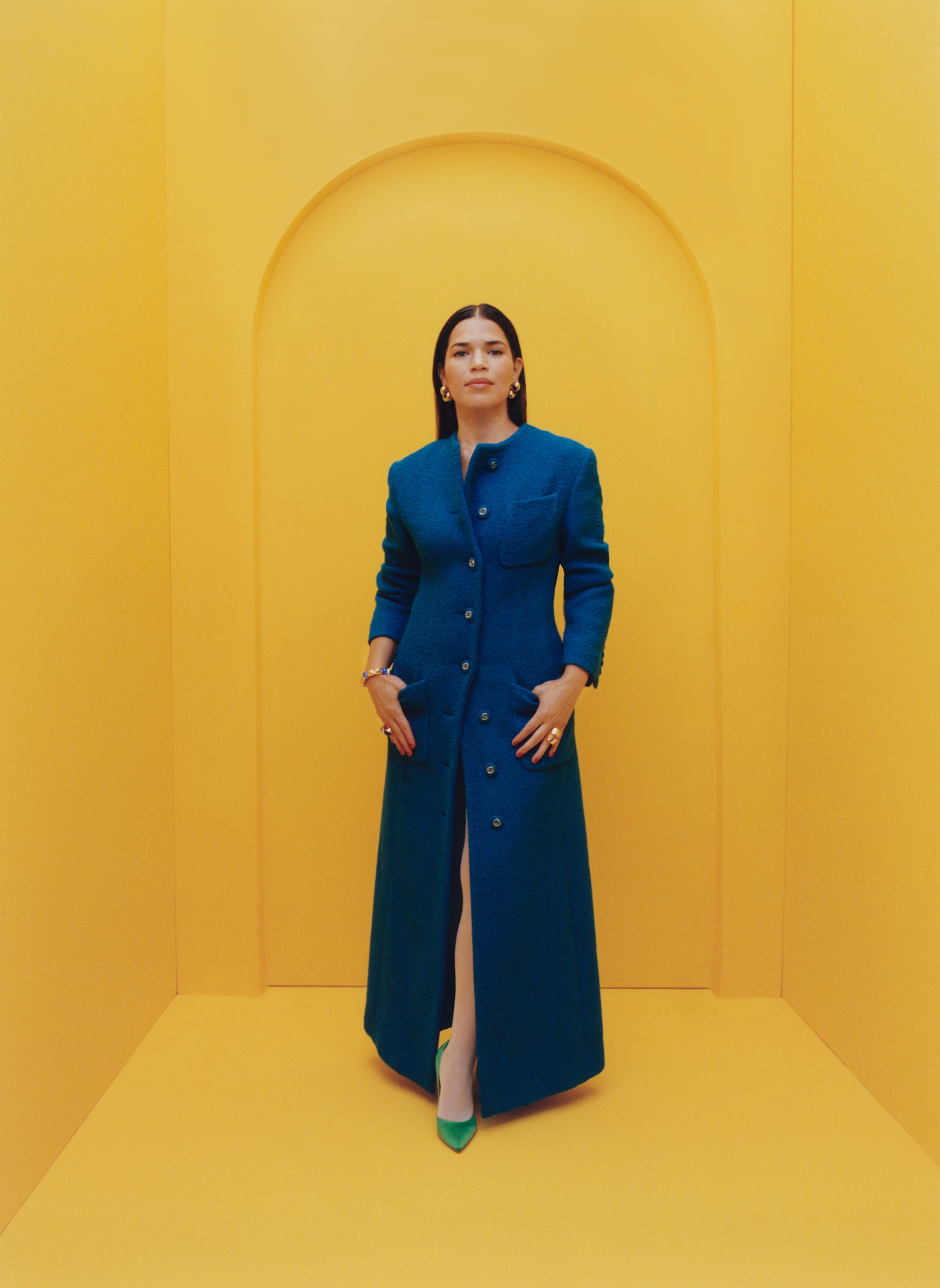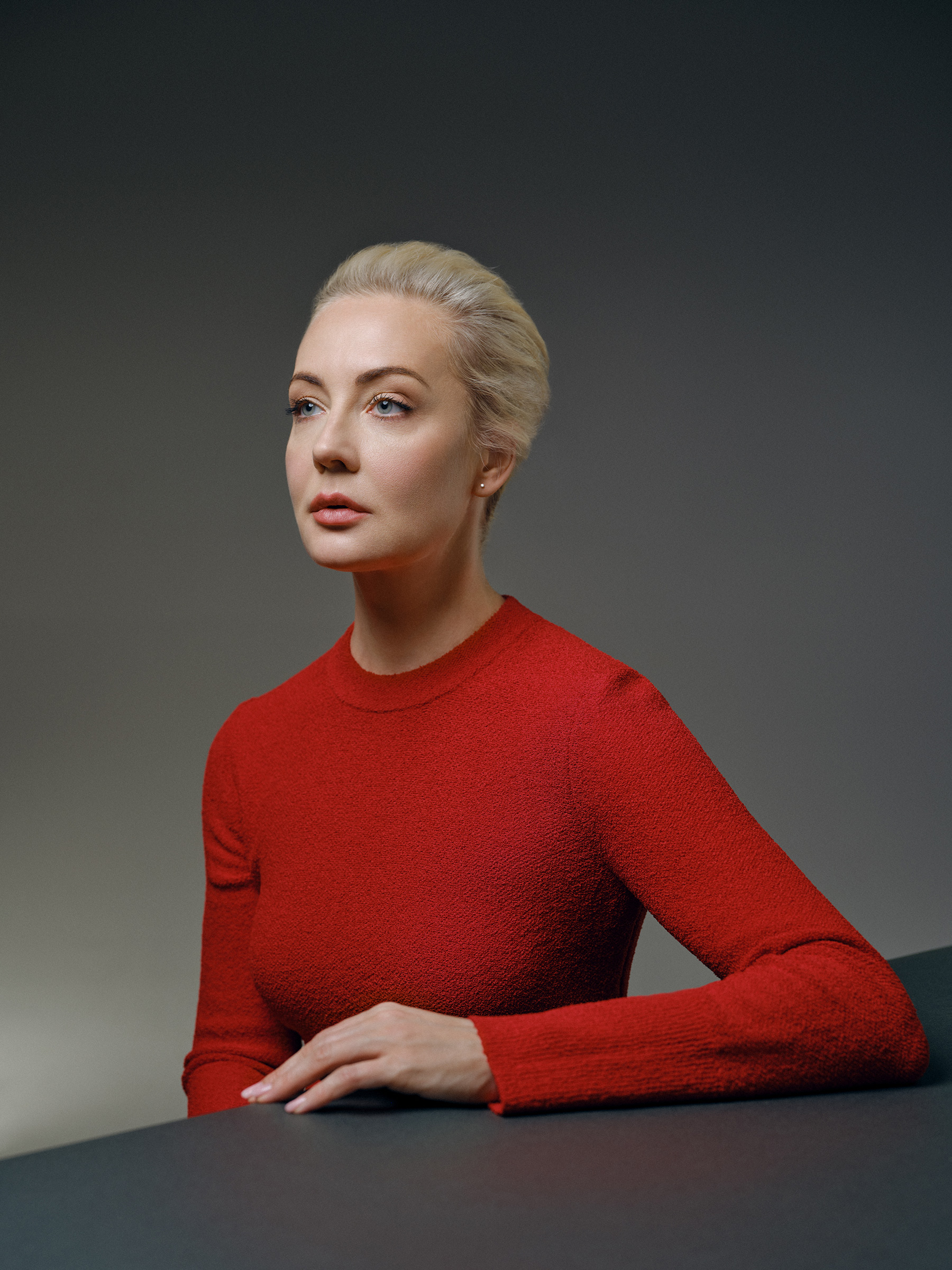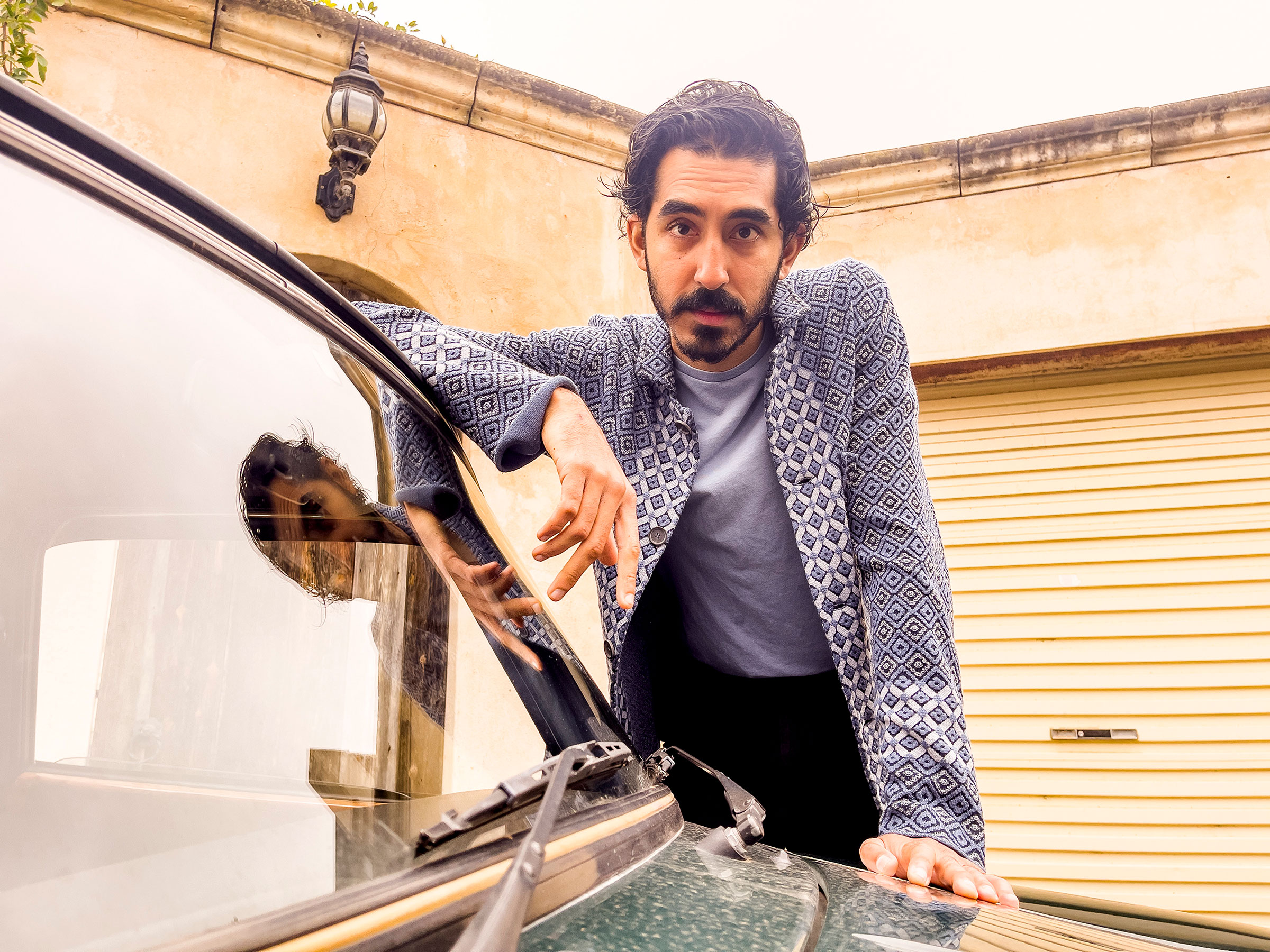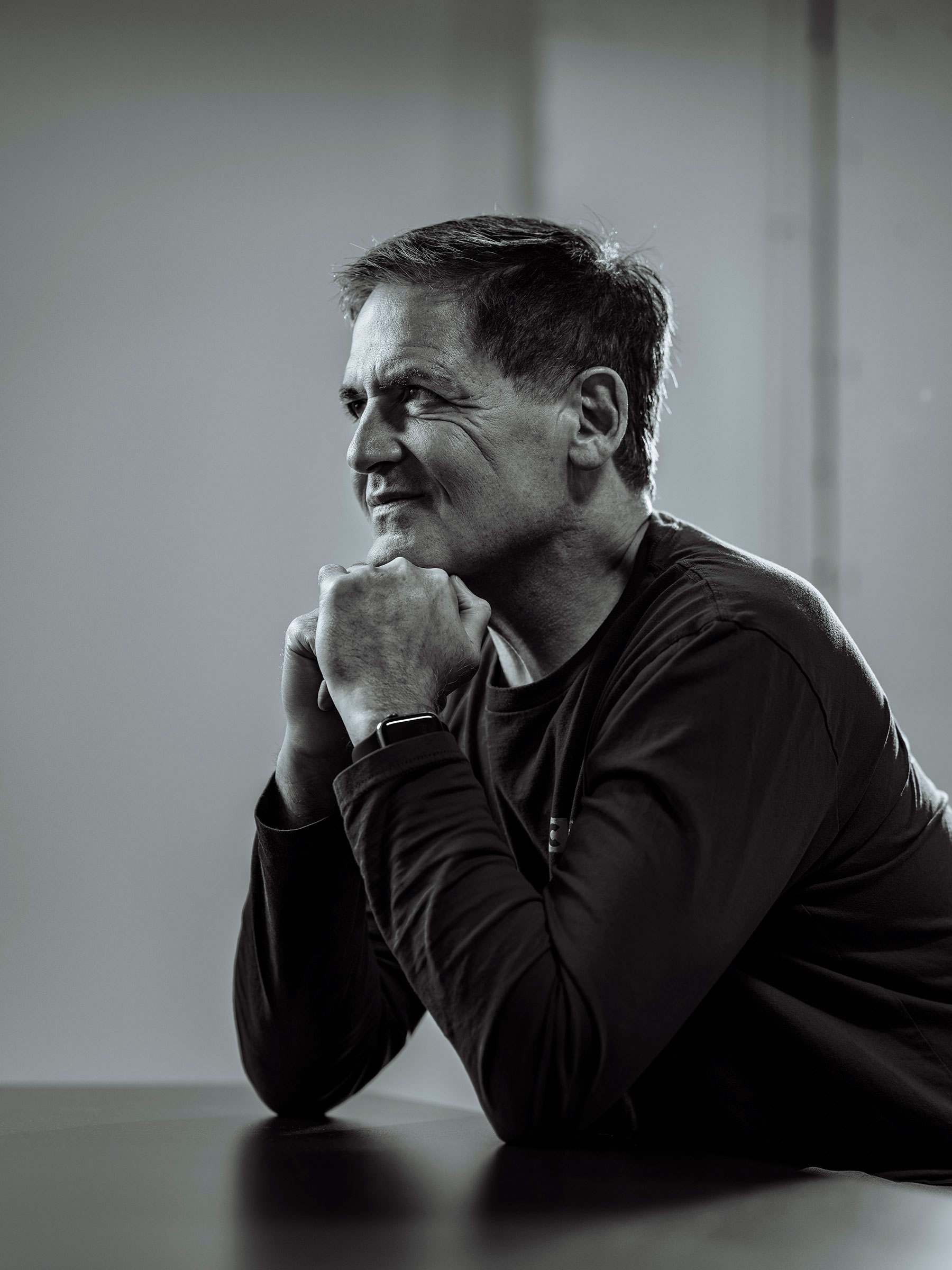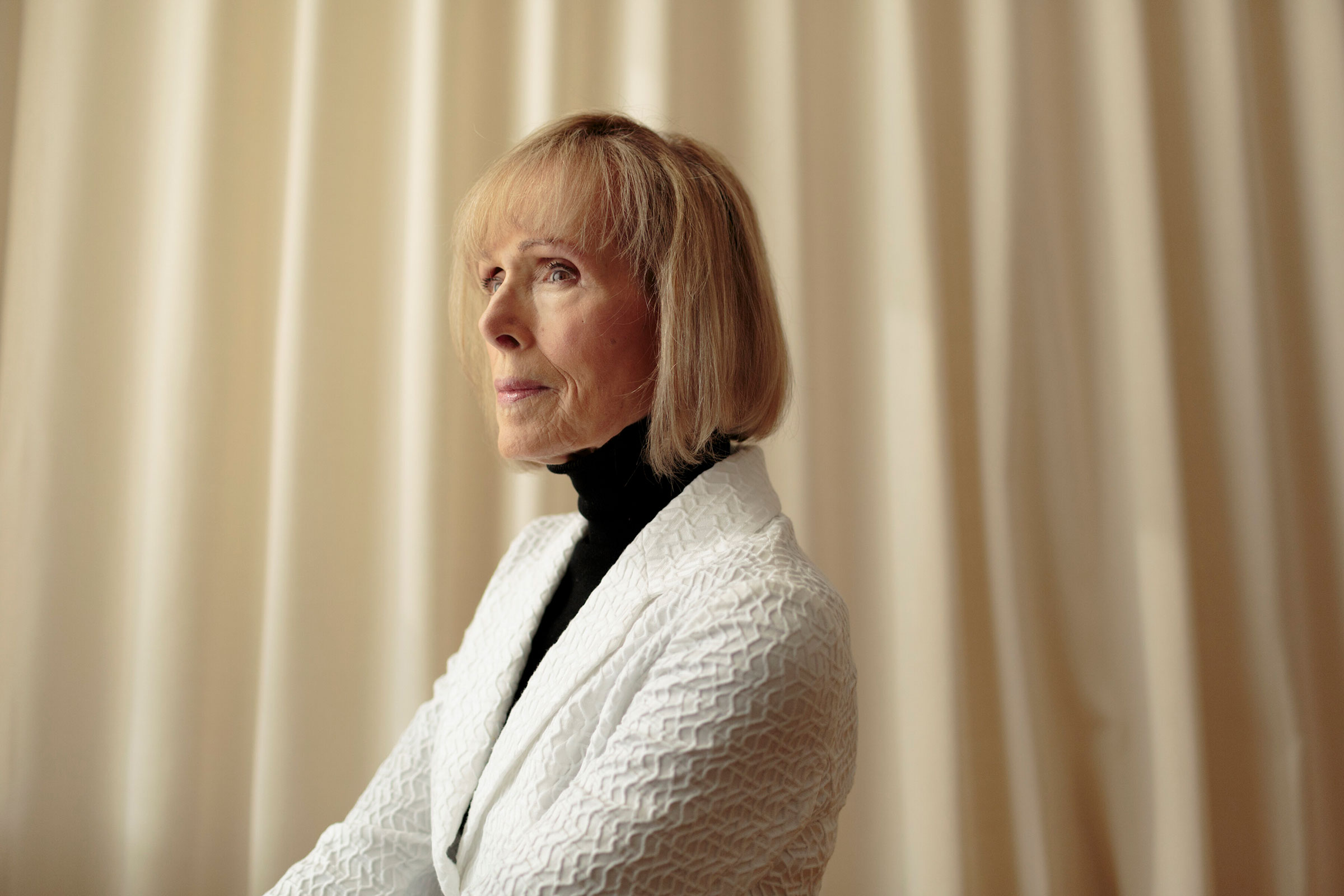Altruism isn’t typically a term attributed to award-winning architects—a profession where signature has become a common adjective—but Marina Tabassum isn’t typical. She has developed a practice and a way of being that prioritizes local cultures and values, as well as the perils faced by our shared planet.
Tabassum’s altruism even extends to buildings themselves. She cares for her creations as creatures partaking in the resources of our earth: describing her Bait Ur Rouf Mosque in Dhaka, Bangladesh, which won the prestigious Aga Khan Award, she said a building “has to be able to breathe without artificial aids.” Elsewhere in the country, which faces increased flood risks due to climate change, she has developed houses that are cost-effective and easy to move—clearly, buildings shouldn’t just breathe; they should avoid getting their feet wet. While she practices very locally, she teaches, lectures, and is recognized internationally, modeling architecture not as an individual signature but as a collective Esperanto.
Whiting is dean of the Harvard Graduate School of Design
Order your copy of the 2024 TIME100 issue here
More Must-Reads from TIME
- Cybersecurity Experts Are Sounding the Alarm on DOGE
- Meet the 2025 Women of the Year
- The Harsh Truth About Disability Inclusion
- Why Do More Young Adults Have Cancer?
- Colman Domingo Leads With Radical Love
- How to Get Better at Doing Things Alone
- Michelle Zauner Stares Down the Darkness
Contact us at letters@time.com
